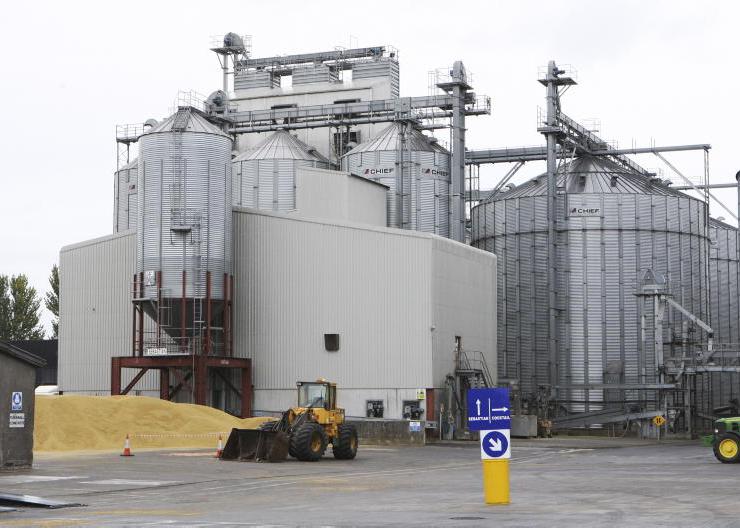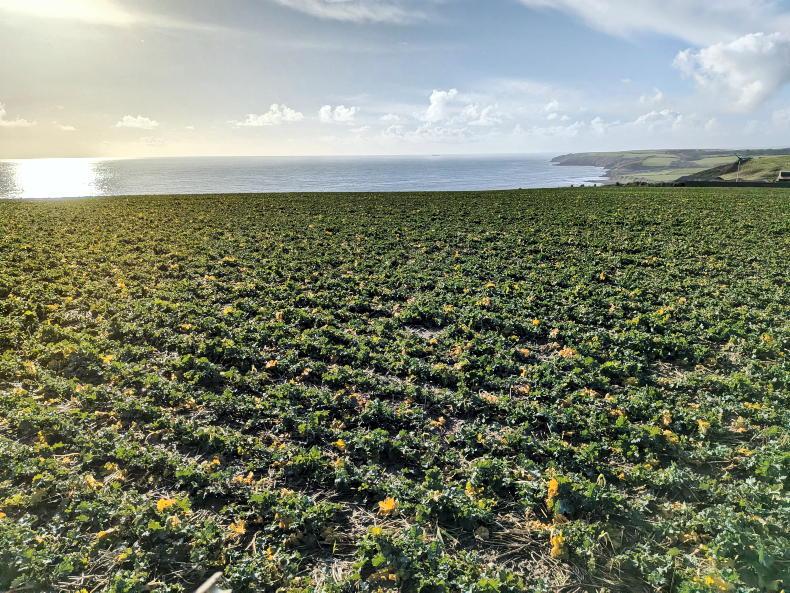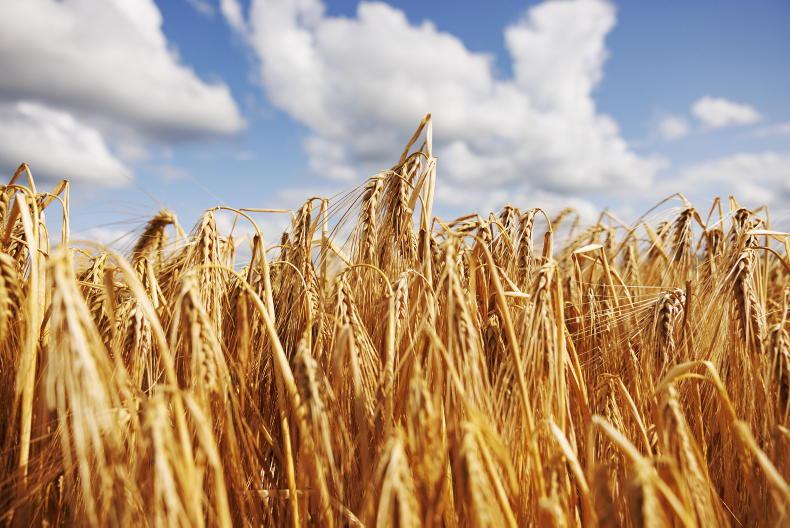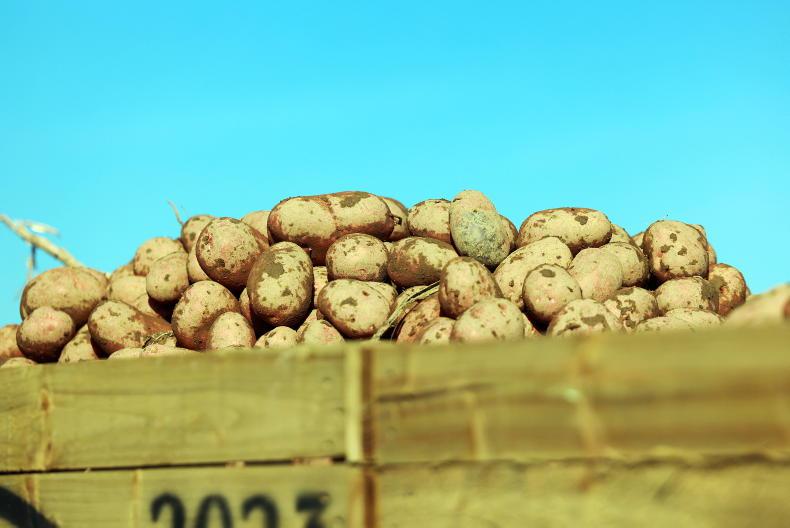Through hard work, dedication and improved capacity delivered by investment in modern machinery, most of the spring barley harvest will be completed this week.
Tillage farmers have worked around the clock as the harvest dries out in front of them to meet quality and specification guidelines they must adhere to.
While the sun shines this week, there is no doubt the weather dependency of harvest is still very real. In a wet August, all the machinery in the world is of little use as a grower must wait for a break in the weather to meet tightening specification guidelines.
Given the positivity of the better weather, it is frustrating for tillage farmers to sit on combines and tractors confused as goalposts move on the specification guidelines.
Respect for their efforts and investment seems to be short on the ground. Major changes have been declared since their crops were planted.
How can growers meaningfully garner any civil or courteous manners for a company that changes the rules once they know what area has been planted and what tonnages they know will appear?
Along the same lines, the Department of Agriculture, Food and the Marine has failed to officially inform tillage farmers of the changes to nitrates regulations.
How can any farmer be penalised if they haven’t been officially informed of the implications of this for their business? Yet we hear talk of penalties for non-compliance.
Irish Farmers Journal has covered the changes to stubble cultivation under the nitrates review, but many farmers remain unaware of the changes.
Unclear
It beggars belief that as tillage farmers wrap up the grain harvest for 2022, the rules remain unclear for actions farmers are supposed to complete in the next week or so.
The Irish Farmers Journal will continue to question these rules until the Department clarifies details.
Coming back to the specification challenge that grain growers have, Boortmalt handles over 80% of the malting barley grown in Ireland. It is now introducing a drying and energy charge of €12.50/t mid-harvest. This means for every 20t trailer of grain you pass on the road, there is a new €250 penalty taken off the grain farmer to cover what we assume are higher energy costs for the processor, despite the extremely low moisture levels and excellent quality grain.

Essentially, the processor is passing the higher cost of energy back down to the grain farmer.
Other new specifications have come into effect also. Specific weight or KPH is now a new factor for acceptance.
The requirement for 30% distilling barley and 70% brewing barley is being implemented at farm level.
This means while the grain farmer might have delivered malting quality grain, the farmer may only get paid for a maximum of 30% of what was delivered at malting price.
It now seems that barley supplied above the designated percentages will only receive feed price but this was not made clear in advance.
It smacks of the same issue that sheep farmers have when a 21.5kg lamb carcase is the upper limit for payment with the factory. The big difference is sheep farmers know this rule well in advance of supplying the product to the lamb factory.
Lack of respect
All these examples indicate a serious lack of respect for grain farmers, who continue to work and invest in a personal capacity and in the national interest.
One must wonder why this is allowed to happen. Grain growers need to act in unity, speak up and re-establish the rules of the business that is important to us all.









SHARING OPTIONS